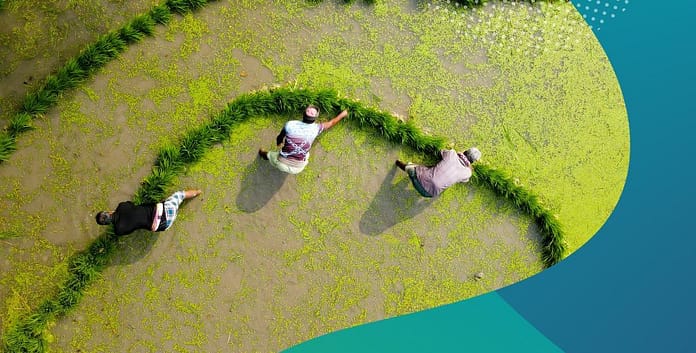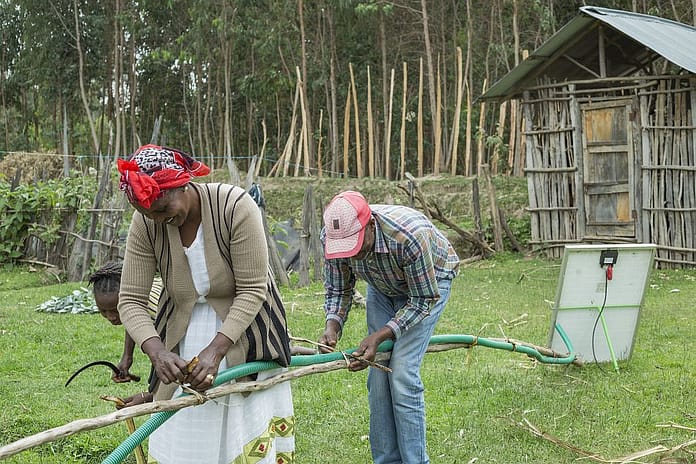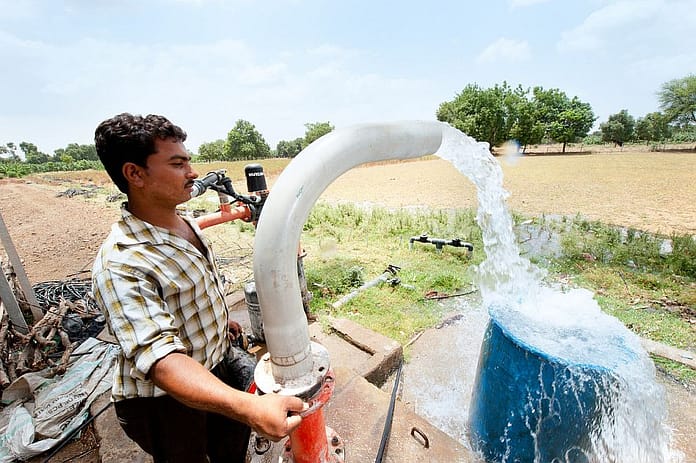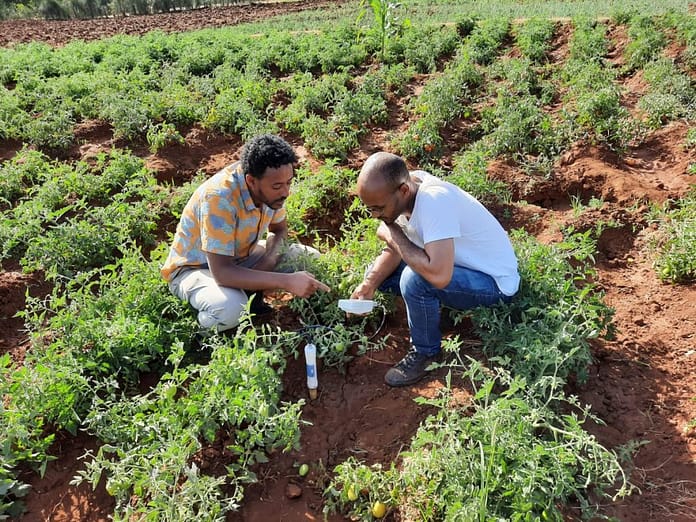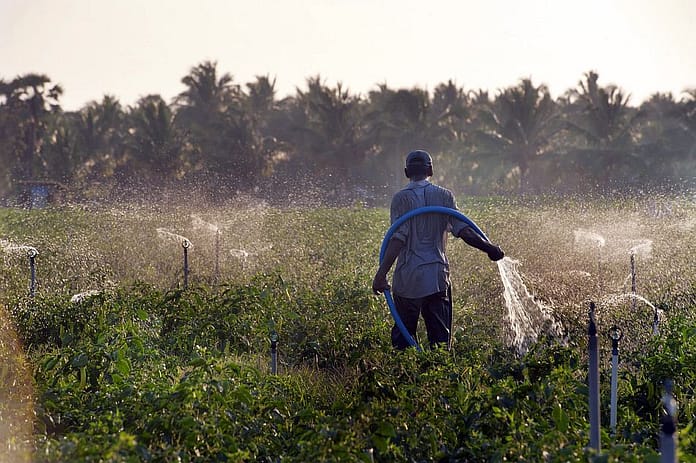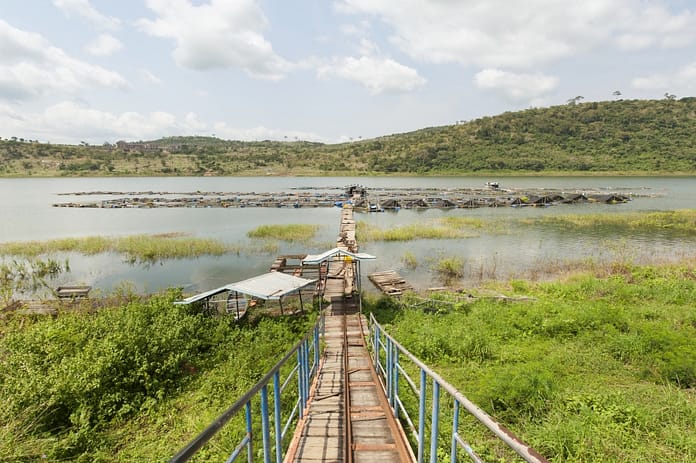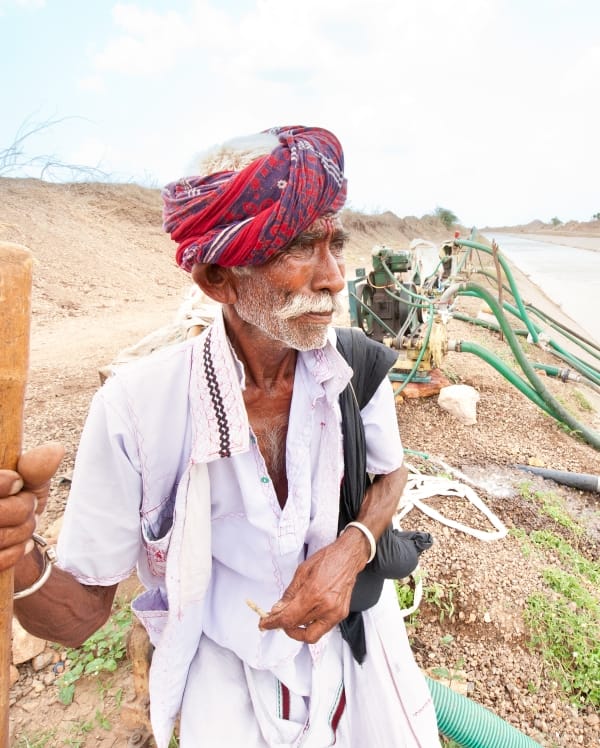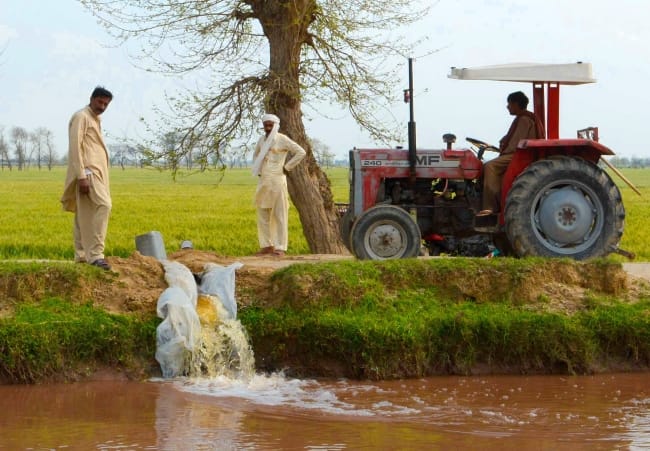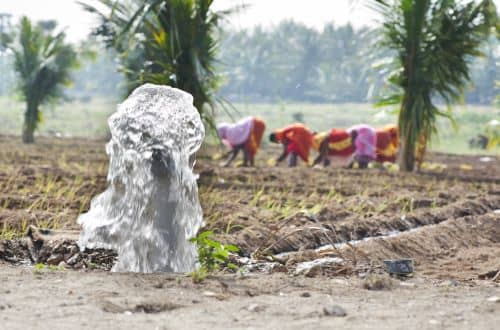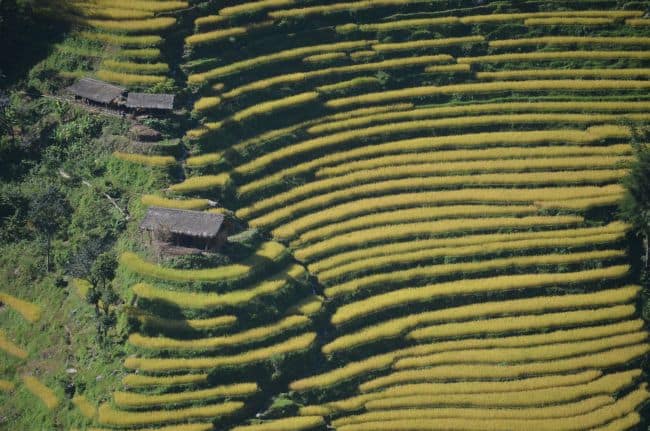By Amjad Jamal
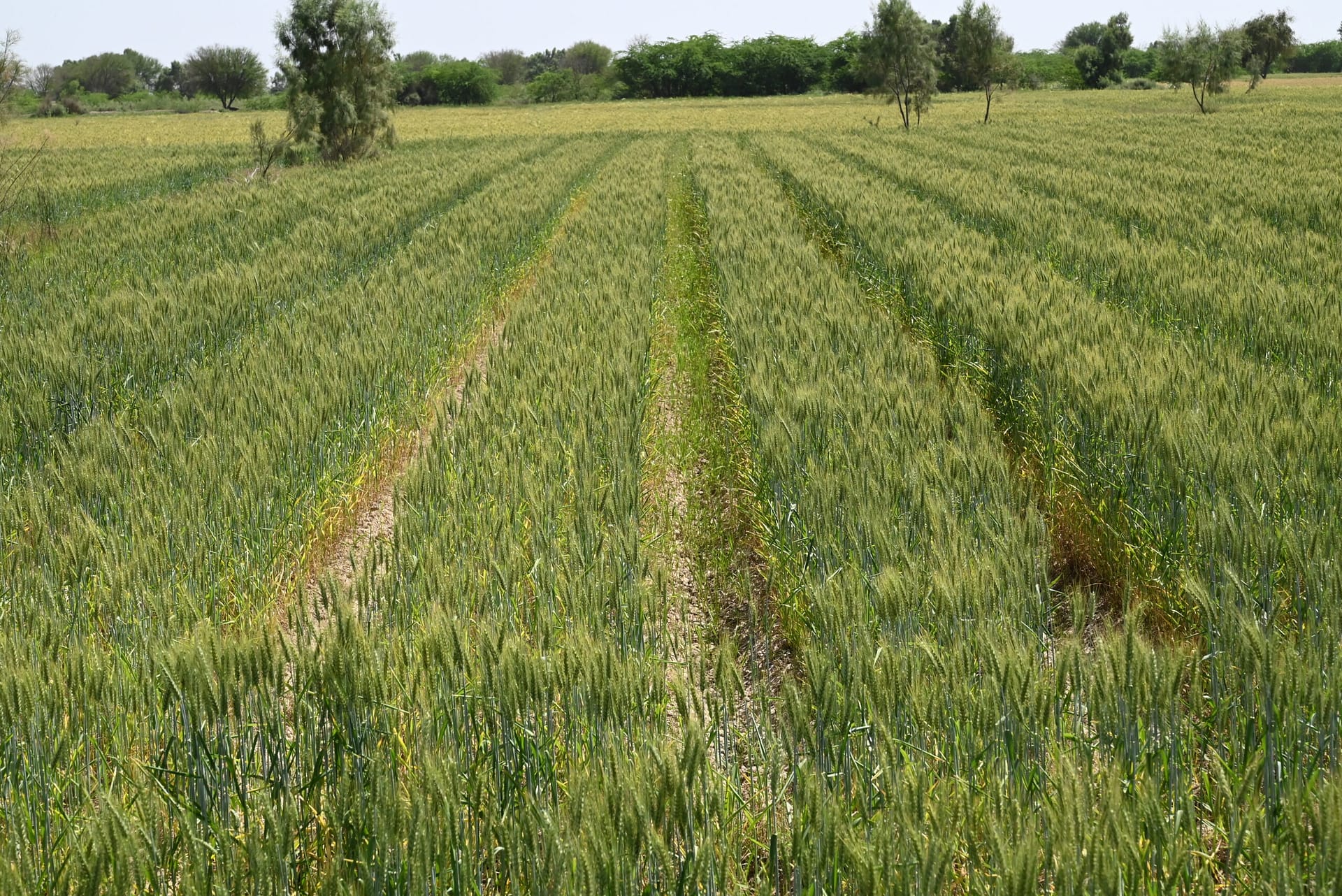
For generations, farmers in Dera Ismail Khan and Tank districts of Khyber Pakhtunkhwa province have relied on traditional farming techniques passed down by their forebears. However, despite many of them struggling to make ends meet, the farmers have been reluctant to abandon these age-old methods.
It has taken years to change this mindset. The International Water Management Institute (IWMI) has been working with the farming communities in these districts to embrace modern irrigation and agricultural practices. The concepts of drip irrigation systems and raised-bed techniques were initially met with resistance rooted in the fear of the unknown and reluctance to deviate from familiar practices. However, through persistent engagement and demonstration of the benefits, attitudes gradually began to shift. Crop rotation, another modern agricultural practice, was also introduced to enhance soil fertility and crop resilience.
April is typically the harvesting season for the wheat crop. The usually arid climate was disrupted by rain this year, catching many off-guard. While the traditional wheat cultivation methods proved vulnerable to the sudden change in weather, resulting in significant crop losses, the wheat cultivated using raised-bed techniques demonstrated remarkable resilience. The raised beds allowed the excess water to drain away efficiently, preventing waterlogging and safeguarding the crop from damage.
Over 200 acres of wheat crops, cultivated using traditional farming methods, were reportedly affected. A 45-acre parcel of land cultivated using raised-bed techniques withstood the flooding.
As the floodwaters receded and the extent of the damage became clear, the contrast between tradition and innovation was stark, underscoring the urgent need for sustainable and resilient farming methods. Farmers who were once hesitant to adopt new practices sought guidance on these new techniques.
“It’s true, I was skeptical at first. But when I saw my neighbors’ crops thriving on raised beds while mine struggled in the floods, I knew I had to give it a try. And I’m glad I did. Despite the heavy rains on April 14, 2024, my wheat crop stood tall, unharmed by the deluge. Raised beds have proven their worth, and I’m grateful to the IWMI team for guidance and mobilization, this has brought resilience to my fields.”
– Haji Mehar Bakhsh
IWMI has used training sessions, workshops and practical demonstrations to help farmers transition from traditional practices to more sustainable and resilient alternatives. Community-led initiatives, facilitated by IWMI, have further bolstered this transition, fostering a culture of knowledge-sharing and collaboration, behavioral change and a sense of ownership.
IWMI with funding from USAID under the Water Management for Enhanced Productivity activity focuses on the productive and sustainable use of water for agricultural production in the Khyber Pakhtunkhwa province. The activity also works on improving water governance and management to increase incomes through improved livelihoods to contribute to social-economic development and political stability.



